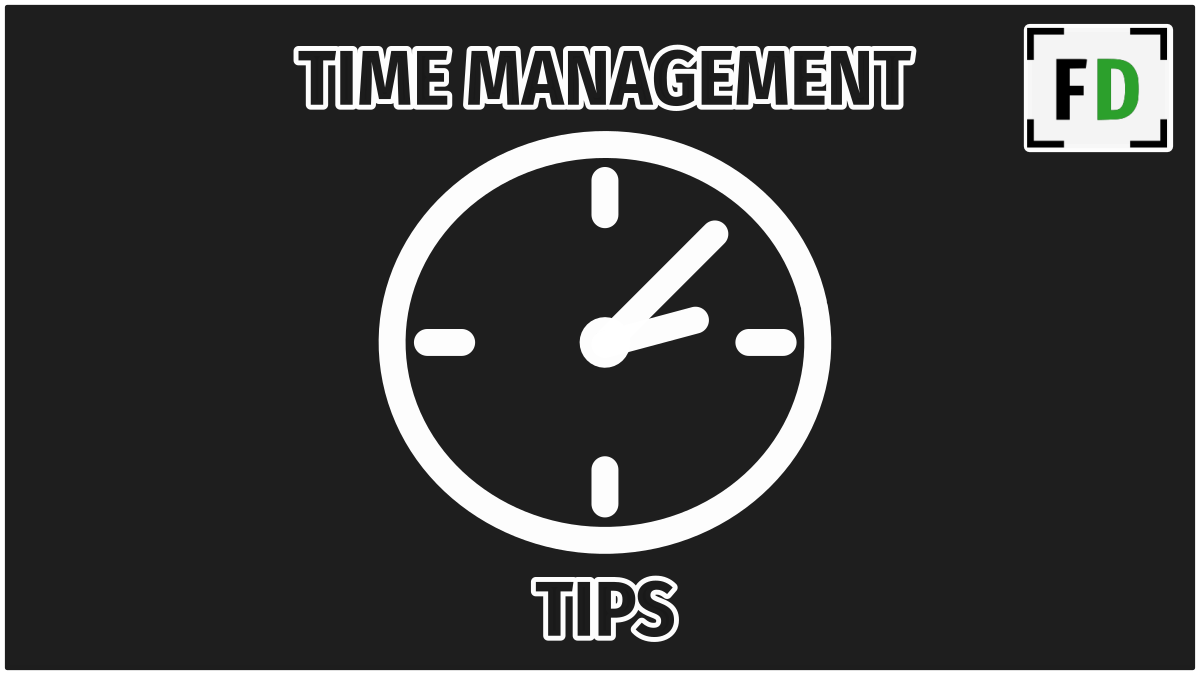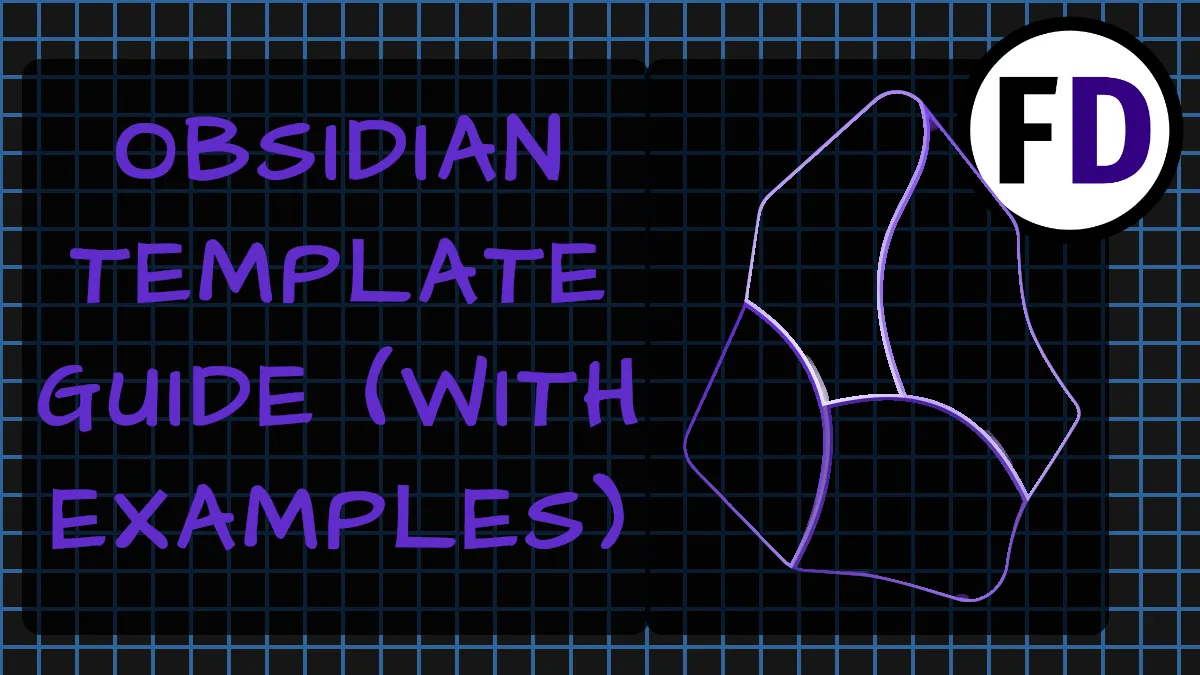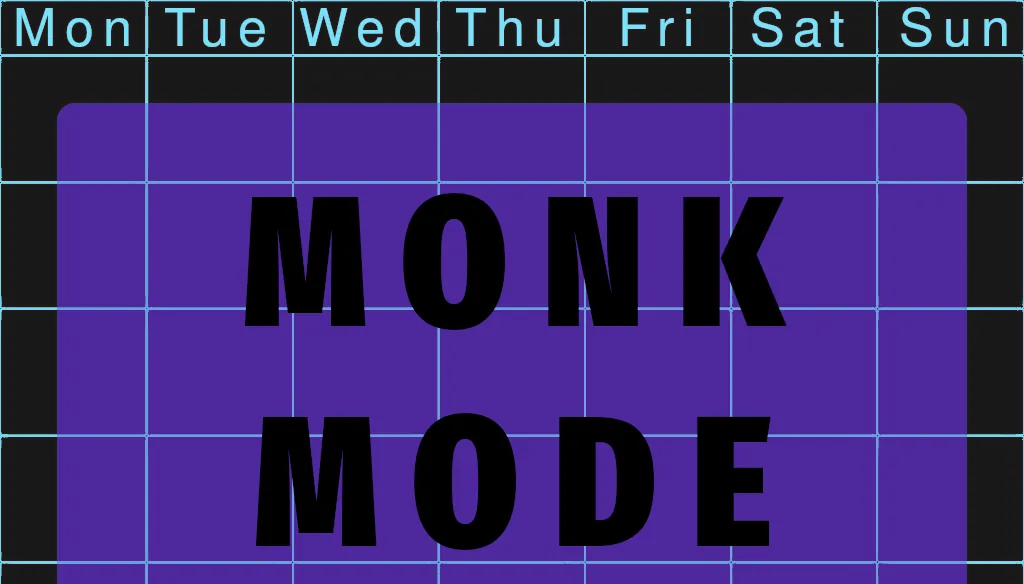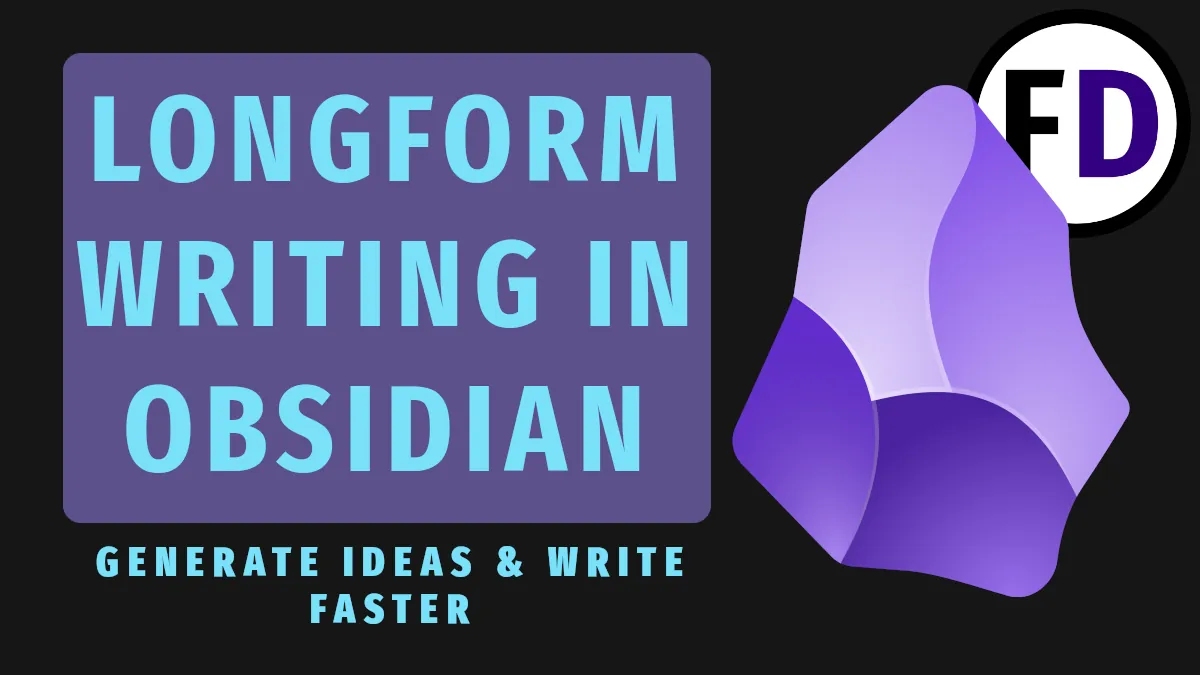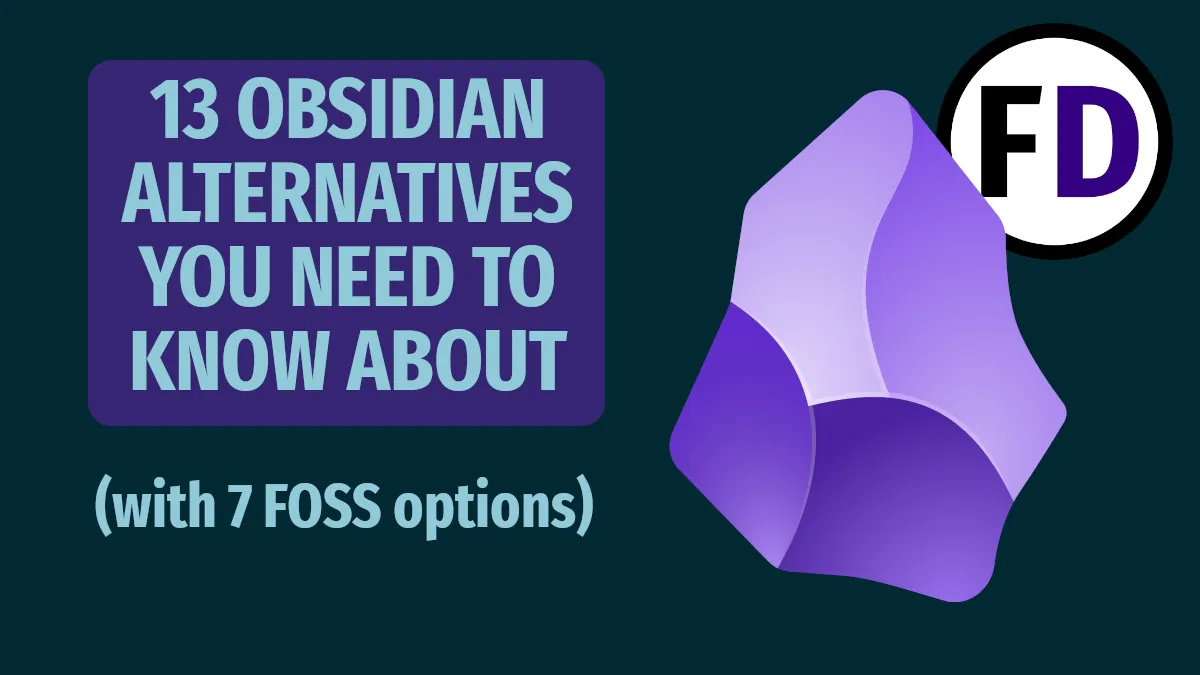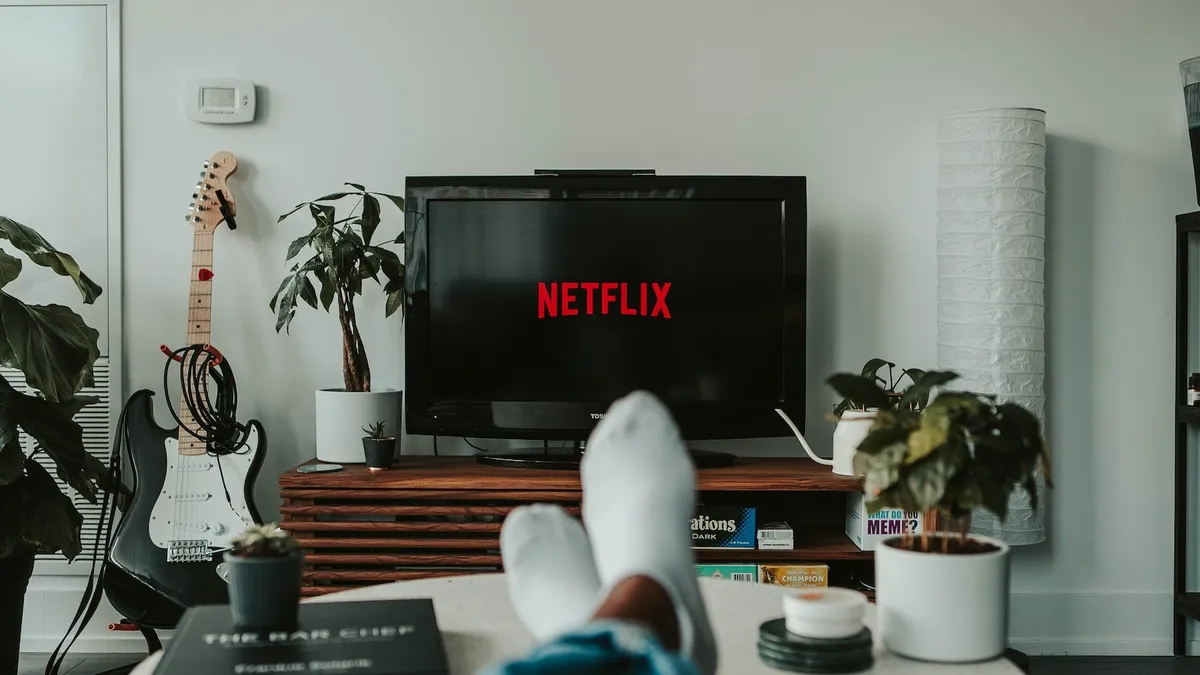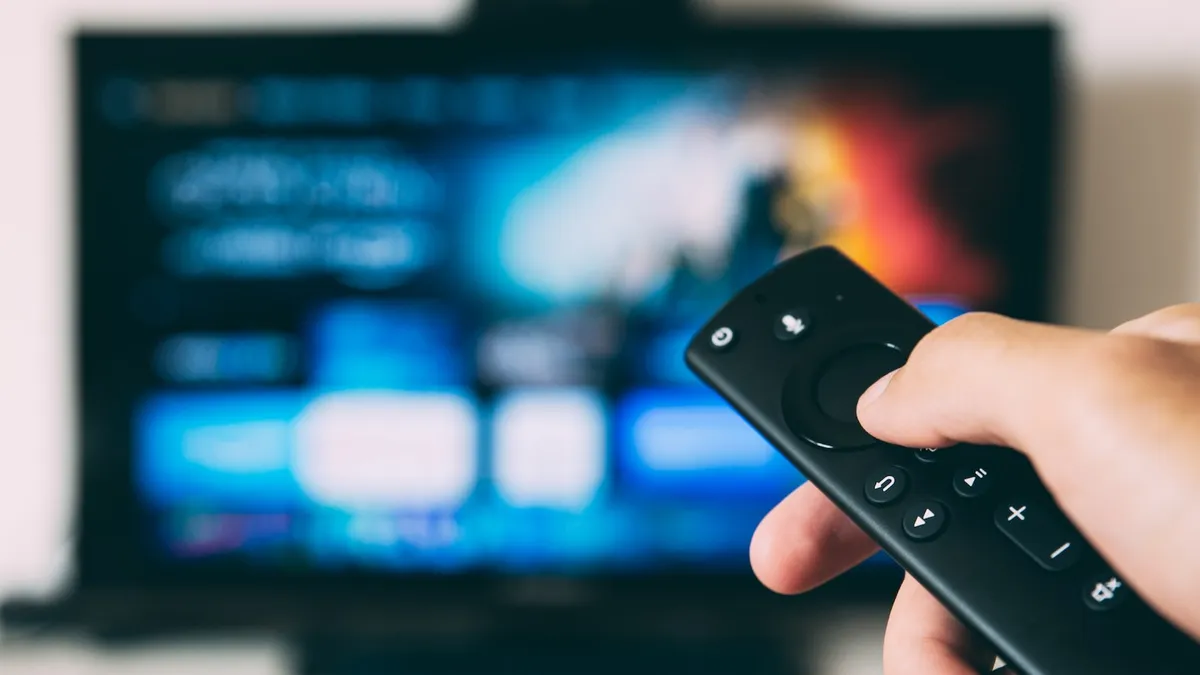Do you spend too much time managing your workload instead of doing it? Are you a perfectionist when it comes to your habits and systems? Do you have backup time management systems in place for overcoming procrastination? You may be on a path to burn-out due to toxic productivity.
Facing dragons and pushing yourself toward becoming a high-value person is vital for making the most out of life, and time management and productivity systems are useful tools to squeeze more work out of your 24 hours. But be wary that you don’t make productivity an obsessive-compulsive habit.
What Is Toxic Productivity
Toxic productivity is the need some people feel to optimize every area of their lives in order to stay as productive as possible. It’s a compulsive disorder where someone needs to be more productive all the time, resulting in employing more and more productivity tips and hacks to help get things done.
It doesn’t sound so bad “optimizing every area of your life” sounds like a good thing – but not every area of your life needs optimization, organizing, or constant progress. While it’s admirable to work hard in some areas of your life, such as your career, side hustle, or hobby, you still need downtime to avoid burnout and exhaustion.
Out of Office, by Charlie Warzel and Anne Helen Petersen, explores why toxic productivity is so pervasive in this society of working from home. Two core reasons they give for the tendency of some individuals’ productivity habits to become toxic are the expectations of companies and how society is becoming evermore”work centered.”
Companies have higher expectations of their staff than ever before. When Slack was adopted, it was sold as a replacement for email. Instead, employees are expected to maintain both. The newly released Threads app is a great example. Are most companies hiring new employees to utilize this new social media platform, or will they expect the current marketing team to add it to their list of responsibilities?
“I can’t go out tonight, I have work tomorrow.”
Everyone has heard (or said) this line, and it sounds reasonable; you don’t want to be tired at work the next day. But it shows the work-centered society that we live in today – you must prioritize your job during working hours and during your time off. Always being contactable by email, phone, teams, slack, etc., is another manifestation of this work culture.
Although toxic productivity seems to be everywhere in today’s society, it’s only a fraction of people who prioritize productivity at all, and only a fraction of those are suffering from it. Charlie Warzel found that 80% of people surveyed for the book admitted to only actually working hard for three hours per week.
How to Know If You’re Productivity Habit Is Becoming Toxic
Do you feel stressed all the time? Is your perfectionism becoming obsessive? You might be suffering from symptoms of obsessive productivity. If you are, you’ll recognize some of the unwanted symptoms below.
The Guilt of Wasted Time
According to productivity experts, the most common symptom of toxic productivity is guilt.
When you spend time not making progress on your goals, you get pangs of guilt, telling you you’re now behind and need to catch up. But of course, you can never catch up (because you can’t work 24/7); instead, no matter how much you do, you keep falling behind, and the feelings of guilt get stronger.
The guilt eventually leads to you:
- Giving up altogether
- Developing anxiety or other mental health symptoms
- Burnout or an inability to produce more work
Too Many Productivity Apps
One way to know if your productivity obsession is getting out of hand is to look at your phone. Do you have a capture app, a calendar, a notes app, a PKM, a list manager, a Kanban app, a habit tracker, a reminder app, and backups on your own server?
Productive people use these apps every day, but it turns toxic when the apps start to use you.
You can add a few items to a to-do list and keep track of them through the work week, but if you’re logging time spent, adding tags, locations, and the contact details of who worked on the task with you, it’s turning toxic. When all is said and done, your goal is to finish the task. When you check it off your list, you will never think about it again (of course, you have a completed tasks archive). The time you spent adding all those details didn’t help you achieve the task.
The time you waste on productivity apps is time you could use being productive and getting things done!
Burnout or Signs of Depression
Work is like a muscle that needs development. When you start in the gym, you can’t just load up 500lbs on the barbell and try to squat it; you’ll hurt yourself. The same is true of work.
When you see guys that work non-stop, like David Goggins, Steven King, or Gary Vee, you’ll notice that none are in their 20s; they’re all in their 40s or 50s! In his 20s, Goggins sat on his couch eating doughnuts every night.
So it’s absurd to think that you can emulate their level of output if you’re just getting started. You may be able to keep up for a month or two, but burnout will soon follow.
A 2016 study by psychologists defines burnout as “Overwhelming exhaustion, feelings of cynicism and detachment from the job, and a sense of ineffectiveness and lack of accomplishment.” So if you have any of these symptoms, it may be time to take your foot off the gas. See the suggestions below.
Ignoring Relationships
Another clear-cut sign that you’re suffering from toxic productivity is avoiding your family and friends in favor of “being productive.”
It’s understandable if you have a massive project that you might not want to meet up for a family dinner or to catch up over a coffee with friends sometimes. But when declining all your social events because of your default, it may be time to reassess your life goals.
When you’re young or building a business, you can get into the mindset of “I don’t need anyone but myself right now” or “I can spend time with friends and family after I’m successful.” But the relationships you neglect at this time are relationships that won’t exist in the future.
As an expat, I noticed that my relationships with family and friends back home were almost non-existent in my 20s; I always thought I could get back on track with people after I moved back home. In my 30s, a little wiser, I realized there wouldn’t be a relationship to recover if I didn’t mend it now.
I made a schedule (I was still suffering from toxic productivity at that time) to call each family member every week. It was time away from the computer screen where all my work was, and I always felt happier after speaking to them. I no longer follow a schedule; I just call them whenever I want.
You’re Becoming One Dimensional
The mantra of many content producers is “Do one thing, and keep doing it till you’re sucessful.”
It’s excellent advice if you want to create an online presence or a business, but it’s awful advice if that’s the only thing you do.
I once opened a crumpet business. I loved baking and making things in the kitchen, so I thought it would be fun and I could make some money. The result was me making crumpets for 10 hours per day, every day for a year. I woke up, took orders, then went to work in the kitchen. It was excessive!
While it was a great business, it completely consumed my life. My house and my clothes all smelt like crumpets. I had no time to go out or do anything that wasn’t crumpet related.
The worst thing was I couldn’t see it. Everyone around me could, though.
You may not know that you’ve become one-dimensional. You gave up those hobbies for good reasons, and you don’t buy your favorite snack anymore because it’s unhealthy, and you don’t go out because you are saving money. But what’s left is just you and your projects list.
You’re making progress and achieving success, but you’re no fun to be around anymore, and everyone knows it but you.
- You don’t get enough sleep
- You’re compulsive about your work habits
- You find yourself setting irrational deadlines
- Your workday is excessively long
- Work-life balance makes no sense to you
You Ruin Fun Activities
Maybe you’re not as oblivious as I was, you can tell you’re getting hyper-focused, so you decide to spend some time with the family on a day out. But the stress and guilt of “wasting your time” makes you no fun. You’re checking email every few minutes, checking your watch, and not really joining in.
You think, “Well, at least I’m here, right?” But just being there isn’t enough for your friends and family; they want some of your time and focus and want you to have fun.
If your family says this about you, you need to consider if you are spending too much time at the altar of productivity.
What to Do About Toxic Productivity
Spend Time Doing Nothing
In India and Nepal, I saw shopkeepers sitting outside their stores, watching the people go by. In the mornings, some of them may run over, shake my hand, and try their sales pitch, but by the afternoon, they would just sit, sometimes with a newspaper. In China, I see the same story; while hurrying to buy a sandwich for lunch, the locals are asleep with their feet up on the sidewalk or sitting cracking sunflower seeds.
Even when I worked in a vast American Biotech company, in the Beijing office, almost everyone would nap at their desks after lunch. Is this the way it’s supposed to be?
If the alternative is the non-stop busyness that eventually causes stress, heart problems, burnout, and depression, then it’s an alternative we should avoid.
Here’s how you can add some downtime into your day:
- Spend some time in nature, touch grass!
- Leave your tech in another room and just sit
- Meditation or Prayer
- Occupy the hands without occupying the mind, e.g., fidget spinner, knitting, spinning a pencil, stress-ball
Find a Hobby You Can’t Over Analyze
You must have something in your life that you can’t turn into a goal to achieve or a target you must meet. This can be hard for people because they are so used to the dopamine hit that comes with making progress that they want to introduce it into the leisure activities that are supposed to help them balance their work life.
Think about juggling – a fun, even silly, hobby that no one would turn into a giant chart, right? Right?
*When learning five balls, I set myself the goal of hitting 100 throws in 6 months. I set up subgoals and a system to gradually increase my accuracy, stamina, and throw count. Then I forced myself to use the system daily for at least one practice session.
I made progress (and hit my goal), but juggling was no longer fun. I started to hate it, and I felt like a failure on the days I didn’t do my practice session.
Now I only juggle when I want, and I don’t count throws or try to improve. I just juggle.*
So you can overdo anything, but if you choose a new hobby and start it with the intention that its a “just-for-fun” hobby, you can resist the temptation of turning it into another thing you must manage; here are some ideas:
- Juggling
- Cigars
- Bird Watching
- Star Gazing
- Dance
- Darts
- Drawing/Painting
Schedule Regular Time Off
If you live and die by your calendar, you can use it to reduce the amount of toxic productivity in your life and schedule your free time for leisure activities.
You’re much more likely to let go of your workload and take some time off for self-care if you know it’s coming. Blocking that time off also means you won’t feel compelled to increase productivity by adding more to-dos to your list that day. If you know you’re not working in the afternoon, you’ll resist the temptation to add things to do then.
Don’t try multitasking your work and self-care, either. That’s a recipe for disaster!
Go Meet Friends
One of the most common pieces of productivity advice is to dump anyone holding you back. The idea is that you will become the average of the five people you spend the most time with, so you should cultivate relationships with high-value people and dump anyone who doesn’t understand your dreams, doesn’t want you to succeed, or is holding you back from your full potential by sucking your time.
The result of doing this, however, is a group of audiences who only really care for themselves; they’ll be friends with you, but only if you are helpful to them in some way; otherwise, you’re just a time sucker.
Think of your family and your longest relationships; they all love you, but few of them know what you want to achieve, and even fewer can help you do it. Time spent with them isn’t going to help you achieve this week’s goals, so should you get rid of your family and your best friends? Of course not.
People who follow this type of advice end up alone, and loneliness, which causes depression, will affect their productivity much more than a couple of nights out with family or friends.
Sitting with people you love and that love you is healing. It will help you cope when you are burned out or have low self-esteem; it’s an excellent cure for toxic productivity.
Don’t Give Up on Productivity
Perhaps you just need a break or to use a minimal productivity system. It’s also possible to combine many apps into one to reduce the amount of time you focus on procedures and systems. For example, combining your GTD and PKM systems.
One thing is for sure, if things aren’t working for you anymore, or you’re not feeling good about your work-life balance, it’s time for a change.

